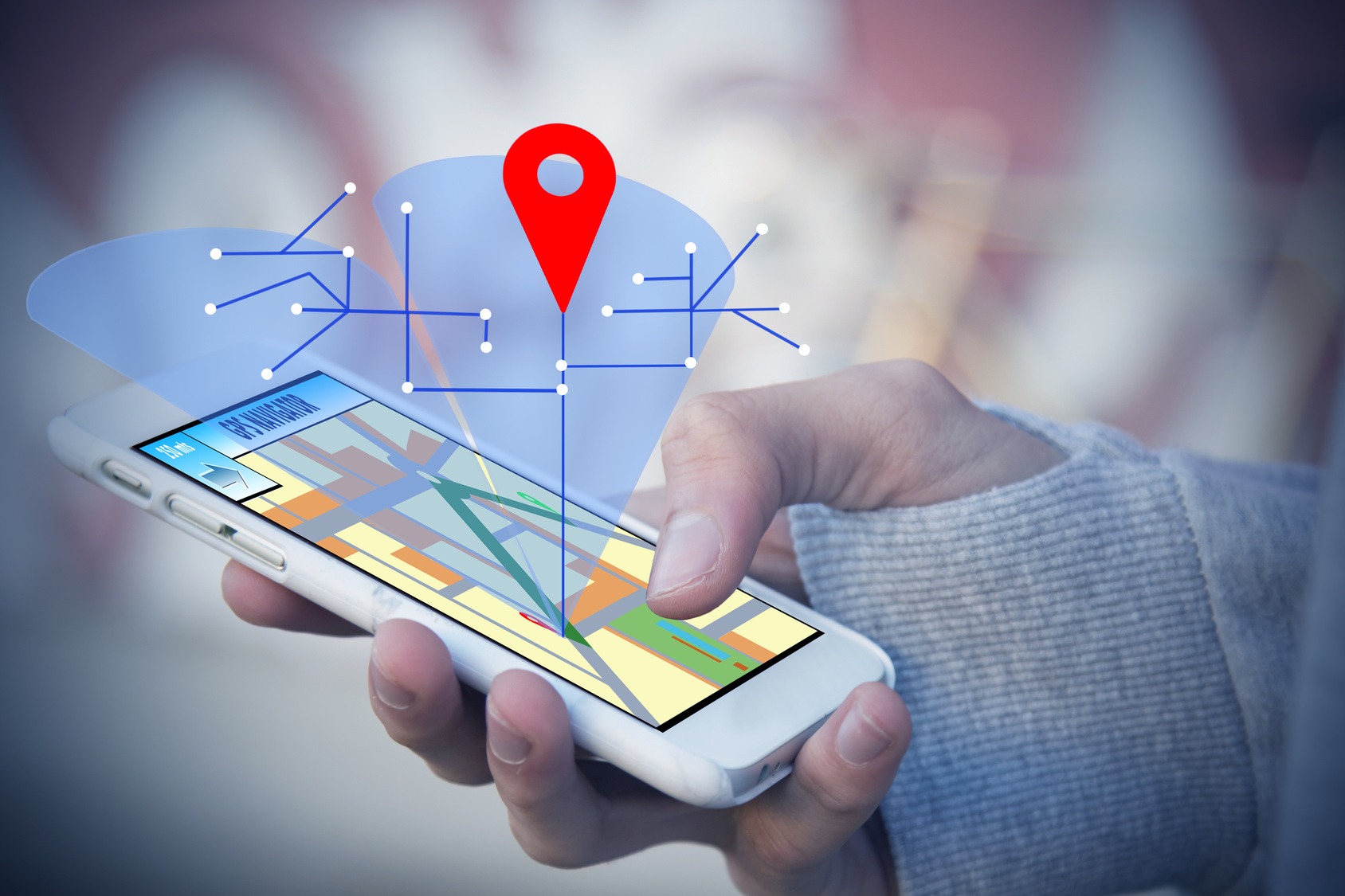As online gambling continues to accelerate, geolocation technology is one of the areas receiving more attention. Knowing where a player is located helps to ensure a compliant player experience that’s also more personalized. At the same time, they need to use this technology responsibly and ethically to protect player privacy.
In the U.S., the federal government doesn’t regulate gambling. It’s the responsibility of the states, and online gambling is only legal in certain states. This means operators must know a player’s physical location before permitting the individual to gamble on casino games. Failure to comply with specific jurisdictional laws can have serious consequences for operators. Here are some of the benefits of using geolocation technology in online casinos.
It builds player trust in regulated markets
In the U.S., players can legally play casino games at a Michigan online casino or any other online casino in states where online gambling is legal. When playing online, they want to know if they’re playing in a safe and regulated environment. Location verification is part of helping casino operators ensure they offer integrity and transparency.
It creates a safer gambling environment
Geolocation data plays a role in making gambling safer. Operators can detect unusual access patterns that could potentially be harmful. It gives them insights they can use to protect players. Location insights can make gambling frameworks safer at scale. Providing a secure playing environment is one of the best ways to get a brand noticed at a time when fraudulent activity is escalating.
The user experience is smarter
Complex verification processes, including location verification, can frustrate players. The solutions operators use must be easy to integrate so they can scale quickly while still offering a good user experience. They can turn what may be a friction point into a way to build trust.
Operators can offer personalized experiences
Geolocation determines a person’s or device’s location by using data from GPS, Wi-Fi networks, cellular towers, and IP addresses. Each of these methods has its pros and cons. GPS receivers are built into many smartphones, making them a readily available geolocation method for mobile gambling operators. Operators will often use more than one method for the most accuracy.
Operators can use location data to deliver more personalized experiences to players. With access to location data, they can target their recommendations and promotions, helping increase player loyalty and retention.
It improves marketing
Operators can use geolocation technology to improve their marketing. For example, in sports betting, they may use smartphone geolocation to get insights into player behavior. Knowing that an individual watches football matches every week could lead to an SMS with an incentive for this player to place an in-play bet while watching a live game. Geo-targeted advertising tends to have much better response rates than generic advertising.
Future considerations
Geolocation technology isn’t going away anytime soon, and it keeps improving by leaps and bounds. Casino operators are likely to find even more innovative ways to use it in the future.
Its use does raise concerns of privacy and security, especially when it is used to target online marketing and advertising. Data protection laws require transparency in the use of such data.
A challenge for operators in managing geolocation access is the widespread availability of technology that avoids detection, such as virtual private networks (VPNs). Operators can have legal issues when failing to detect and block access from outside a jurisdiction and will need to use powerful geolocation technology to mitigate this.
Casino operators must use geolocation technology ethically and responsibly. One of the ways they can ensure this is by getting explicit user consent before they collect or use such data. When they use it in the right way, it goes beyond ensuring compliance and allows them to offer a smarter user experience.





